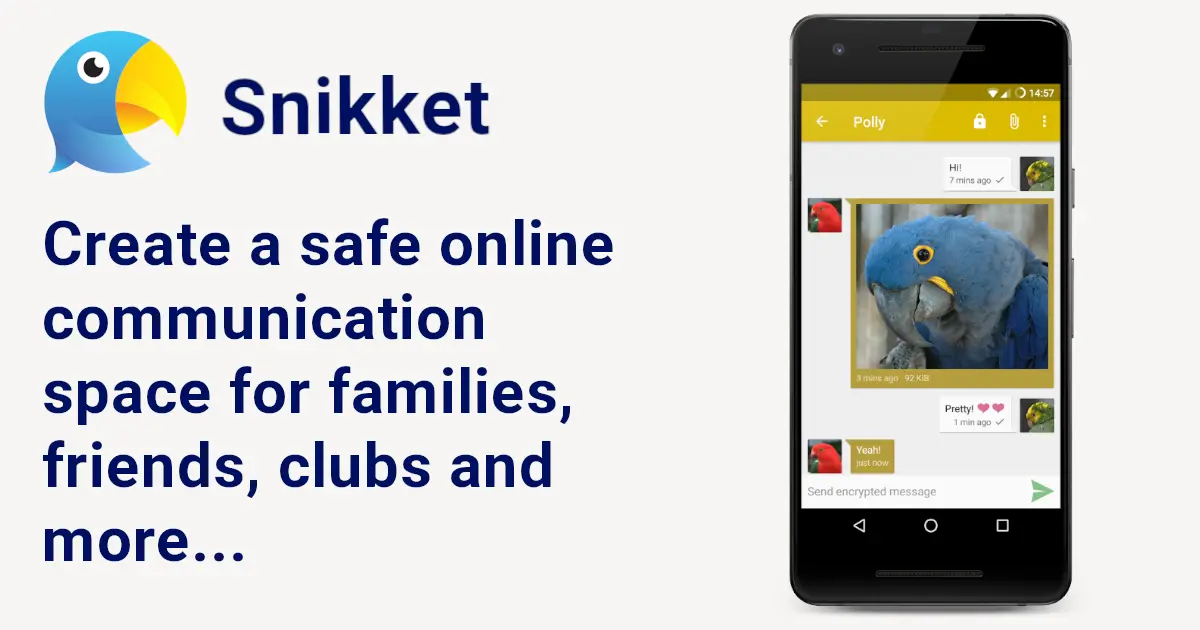Snikket is a simple, secure and private messaging app (based on XMPP)
Snikket is a simple, secure and private messaging app (based on XMPP)


For self-hosting though, the project I work on - Snikket - uses XMPP but has all the nice modern things you'd expect ready to go right out of the box, more like a Matrix (Synapse/Element) setup. Probably the biggest thing missing for Snikket right now is an official web app (we currently have Android and iOS apps).
My personal feeling is that if you're looking for something a bit more extensive, "team chat" style (such as Discord, Slack, that kind of thing), you're better served by Element right now. However if you're looking for something lightweight and simple for personal messaging in a group of family/friends (e.g. to replace WhatsApp/Telegram/Signal) then XMPP via Snikket is a great choice.
- The above is copied from someone else. Anyone have any experience running this for family / friends?